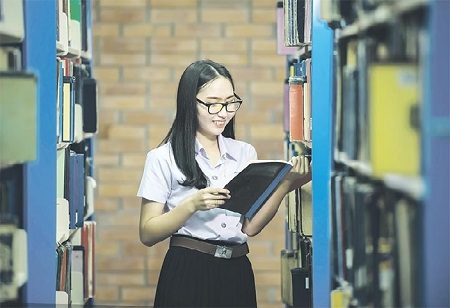A lawmaker proposed that universities and colleges should prioritize producing graduates proficient in multiple languages, especially European and Asian languages, to counterbalance the diminishing dominance of English. Bohol Representative Kristine Alexie Besas Tutor recommended introducing more degree programs and short courses in Arabic, Korean, Japanese, Chinese language variations, and European languages. She highlighted that this initiative should complement efforts to address English proficiency gaps among senior high school graduates. Tutor stressed that acquiring proficiency in multiple languages would open up new opportunities for Filipino graduates, particularly in the business process outsourcing sector and for overseas employment. Additionally, she underscored the importance of investing in subsidies for tertiary students to enhance the accessibility of college education.
"The government's investments in higher education, specifically through programs like the Tertiary Education Subsidy and UniFAST (Unified Student Financial Assistance System for Tertiary Education), are proving effective and should be increased in the future. This is crucial as college education continues to create additional prospects for young Filipinos and professionals", stated Bohol Representative Kristine Alexie Besas Tutor. The Commission on Higher Education (CHED) had previously expressed its intention to collaborate more closely with the Department of Education (DepEd) to enhance the performance of Filipino learners in global large-scale assessments.
To tackle concerns regarding the quality of teachers and its impact on learning outcomes, the Commission has established a technical working group and formulated guidelines for a monitoring and evaluation process. This process aims to phase out teacher education degree programs in underperforming technical education institutions. Beyond enhancing the academic performance of Filipino learners, the Commission aims to realize the national education vision outlined in the Philippine Development Plan 2023 to 2028, ensuring that students reach their full potential to align with the envisaged socio-economic transformation. President Duterte highlighted initiatives such as the MATATAG Curriculum introduction, the implementation of national programs in reading, math, and science, the introduction of Catch-up Fridays for learners and teachers, the expansion of teacher career progression, the promotion of transparent educational programs and practices, and the initiation of digitalization efforts in schools.

